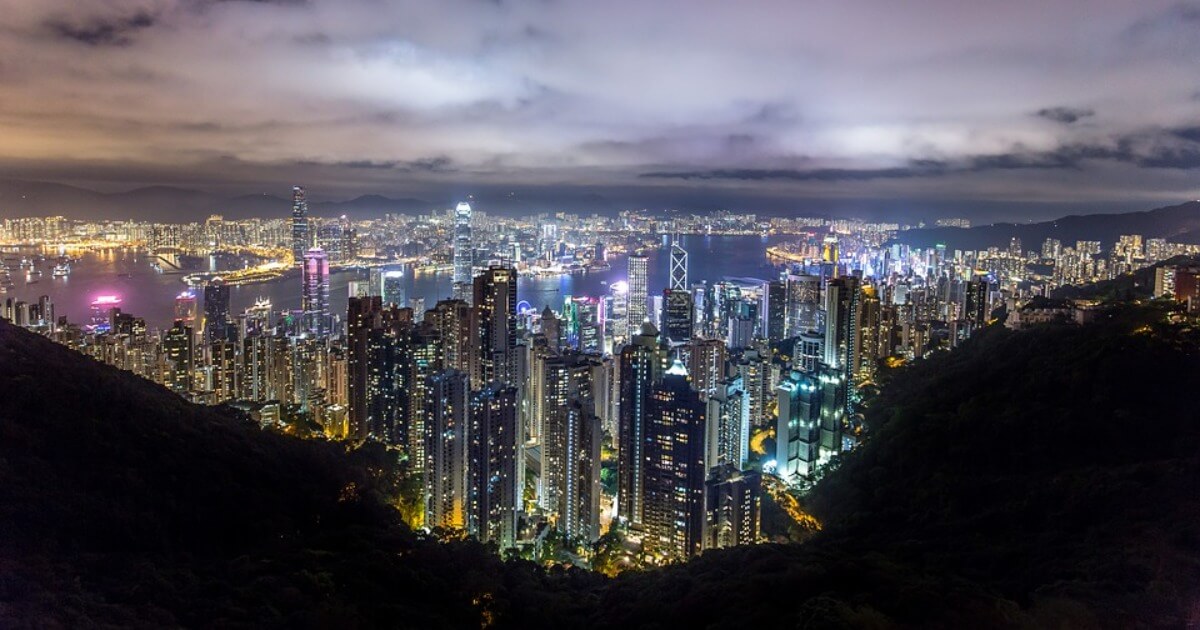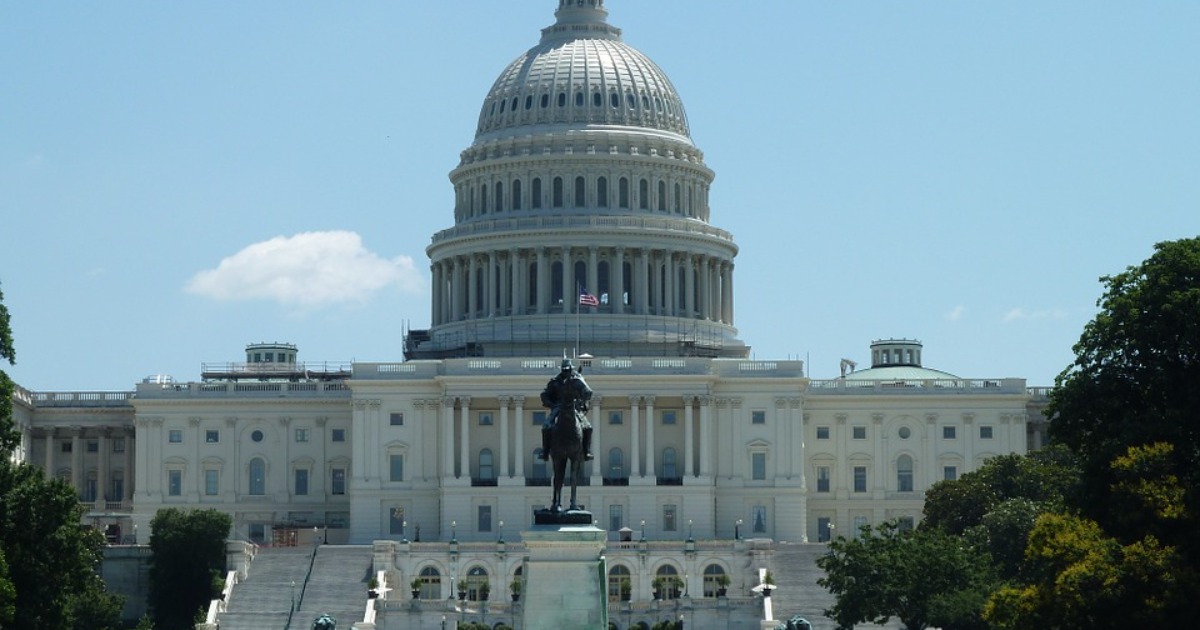Beyond Hong Kong: Unrest in Indonesia
The once reformist President Joko Widodo, now in his second term, gets swallowed up by the bureaucracy and overall Indonesian politics.
October 11, 2019

Hong Kong is getting all the attention, but Indonesia – the world’s fourth most populous country – has seen continuing and widespread unrest. This includes a few people killed and more than 1,500 arrested in sometimes violent demonstrations that are directed against moves to chip away at democracy and operating a clean government.
President Joko Widodo (aka Jokowi), just months after he was re-elected by a 55.5%/44.5% margin, finds himself caught in a trap. The gloss of handily defeating an unholy alliance consisting of Prabowo Subianto, a Suharto-era throwback former general, and the more extreme Islamists, is gone.
Jokowi: Eaten up by the establishment
This development is partly of Jokowi’s own making. However, other key factors are Indonesia’s endemic corruption, the Islamist drift of its politics as well as the continuing dynastic ambitions of Megawati Sukarnoputri, the former president (2001-2004) and daughter of independent Indonesia’s founding President, Sukarno.
The immediate cause of the demonstrations has been a bill due to go into effect at the end of this month that aims at reducing the powers and independence of the Corruption Eradication Commission (known by its initials KPK) and make it part of the overall bureaucracy.
The President has the power to issue a letter delaying its implementation. However, Jokowi thus far has not only failed to do so, but indicated his support for the law. As a result, his reformist credentials are badly bruised and many people, especially students, are very unhappy.
Neutering the pivotal KPK
The KPK is perhaps the nation’s most respected institution. To its great credit, it has in the past managed to investigate and jail several big names of Indonesian politics.
This includes a former head of the Constitutional Court, provincial governors and a former Speaker of the House of Representatives and leader of Golkar, a right-wing party from the Suharto era, who had been involved in multiple money scandals.
Endemic corruption and political dynasties
Jokowi’s problem is that a large number of politicians, not least from his own party, the PDI-P, probably have equal reason to fear KPK investigations. As a result, there is a broad alignment even of pro-government forces in the legislature who would like to emasculate it.
Complicating political matters is the fact that the PDI-P itself is not led by Jokowi but by Megawati. She not only tries hard to control him, but has now pushed her own daughter, Puan Maharani, forward as the Speaker of the House.
Given her daughter’s lack of political experience, she could very well be the prelude to making her a presidential candidate.
Jokowi vs. the Islamists
On his other flank, Jokowi faces the Islamists’ demands of vice-president Ma’ruf Amin whom he recruited as his running mate in an effort, probably unnecessarily to buy support from some groups.
Ma’ruf had once been an ally of the very liberal Muslim leader and former Indonesian President Abdurrahman Wahid.
Ma’ruf is pushing for implementation of a law, so far blocked by Jokowi, criminalizing sex out of marriage and gay and lesbian relationships (all rampant at least in urban Indonesia).
More immediately, Jokowi has to balance the political interests in the legislature and greed-oriented parties with the needs of forming a competent government by announcing his new cabinet – due on October 20.
Still on a reformist path?
It should give a clear indication of the goals for his second term. Jokowi’s ability to stay on a reformist path is questionable, particularly at a time when the economic outlook for Indonesia is clouded by global conditions.
Jokowi’s biggest asset remains that, as an outsider in Jakarta politics, he remains personally popular. But he has exhibited a tendency to compromise with factions rather than opt for firm stances on key issues by resorting to maximizing presidential power.
Conclusion
In the world’s largest Muslim-majority country, democracy is coming under increasing pressure from political parties in the legislature. Some of them would prefer that future presidents are chosen not by the popular vote, which is how Jokowi, a man of modest background who went directly from being a mayor to becoming the country’s president, was elected.
The political establishment would prefer that, as in the past, presidents would be directly chosen by the legislature again.
Takeaways
In Indonesia, democracy is coming under increasing pressure from political parties in the legislature.
Jokowi’s ability to stay on a reformist path is questionable at a time when the economic outlook for Indonesia is clouded by global conditions.
The once reformist President Joko Widodo is getting swallowed up by bureaucracy and overall Indonesian politics.
Jokowi’s biggest asset remains that, as an outsider in Jakarta politics, he remains personally popular.
